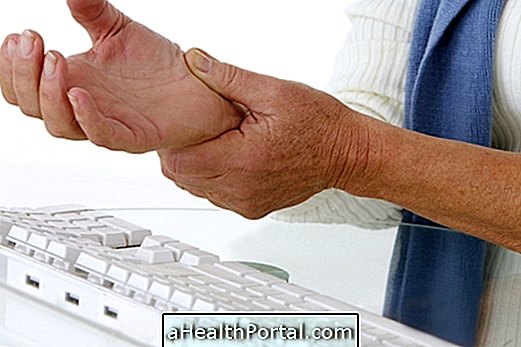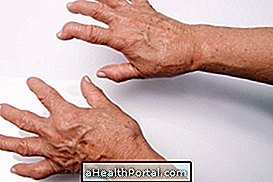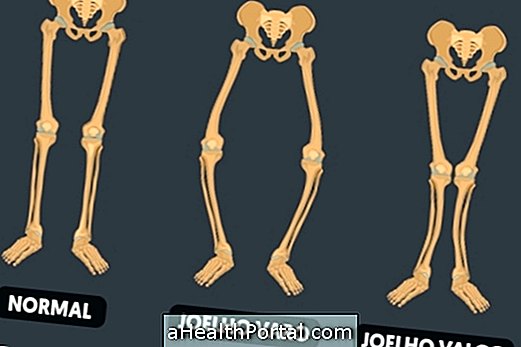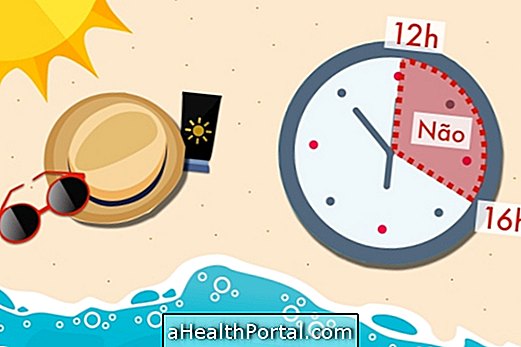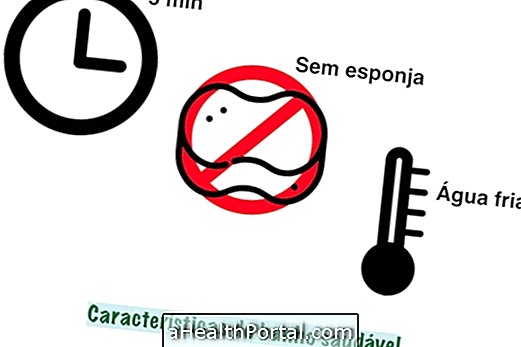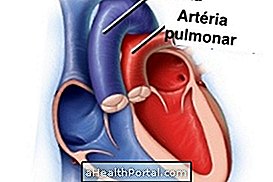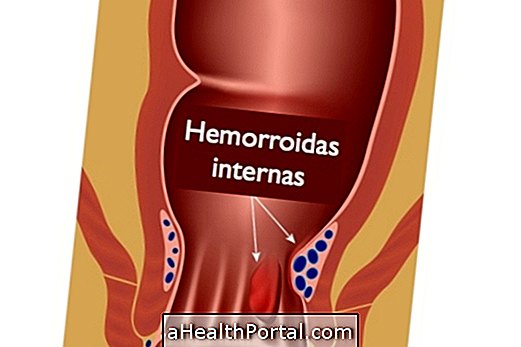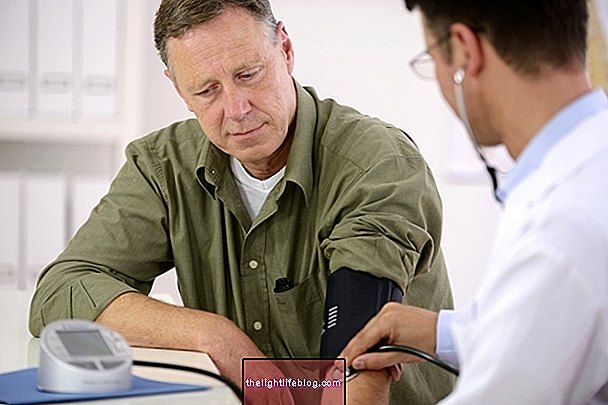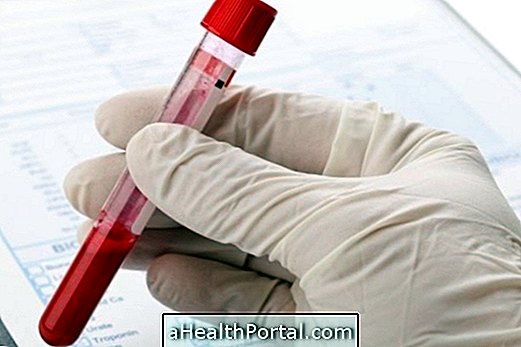When back pain takes more than 6 weeks to disappear, an orthopedist should be consulted because it can be a sign of problems such as spinal cord compression, herniated disc, fracture of a vertebra or cancer and it is necessary to perform diagnostic tests, such as X-ray or CT scan to diagnose the problem as soon as possible and start the most appropriate treatment, which in some cases may involve surgery.
However, it is more common for back pain to arise due to stressful muscle conditions caused by straining, stress or poor posture during the day, for example.
Thus, it is common for back pain to improve over 2 to 3 weeks after resting with resting, applying warm compresses after the first 48 hours, or using anti-inflammatories prescribed by the orthopedist. To know more details on how to treat this type of pain: Know the main causes and how to relieve back pain.
How to know if back pain is severe
It is recommended that you go immediately to the emergency room or an orthopedic appointment when you can observe these factors at the same time:
- Back pain lasts more than 6 weeks;
- Back pain is very severe or worsens over time;
- Pain is accompanied by at least 1 of the following warning signs:
| Mark the signs that you present | Signs that may indicate that back pain may be severe |
| Under 20 or over 55 years. | |
| Severe pain when lightly touching the spine. | |
| Persistent fever and chills for no apparent reason. | |
| Weight loss for no apparent reason. | |
| Use of steroids, drugs, or HIV infection. | |
| Family history of autoimmune diseases. | |
| Pain that radiates to the legs or that causes tingling, especially when making efforts such as lifting a weight. | |
| Difficulty urinating, bowel incontinence or tingling in the groin area. |
Rarely the back pain is very serious and therefore, even with these warning signs, it is common that the pain is not being caused by a worrying disease.
Watch the video to learn what you can do to relieve back pain:

Learn about other symptoms that can indicate serious problems in the spine:
- Symptoms of disc herniation
- Symptoms of secondary bone cancer
